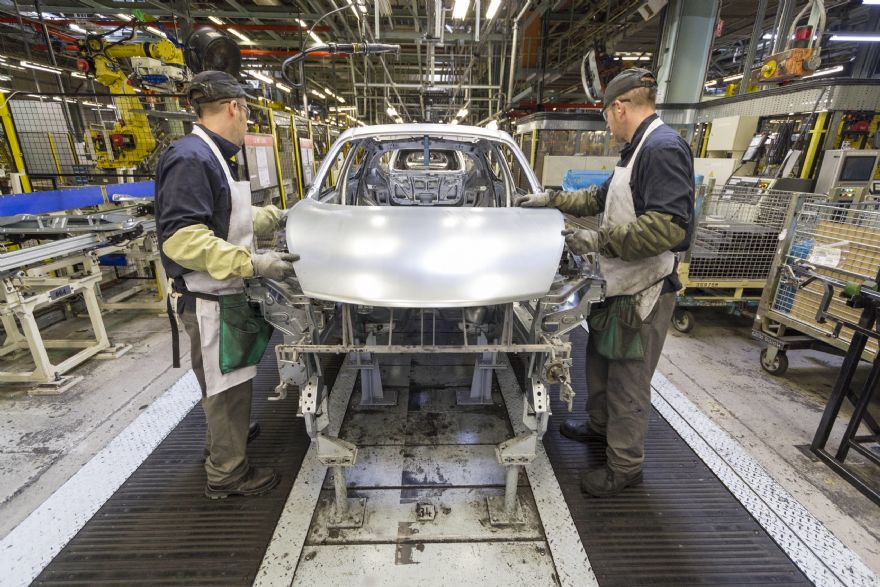
With just 15 weeks before the Brexit transition period expires, European automotive industry leaders have today joined forces to call for the European Union and the UK to secure an ambitious free trade agreement (FTA) without further delay.
They say negotiators on both sides must now pull out all the stops to avoid 'no deal' at the end of the transition, which according to new calculations would cost the pan-European automotive sector some €110 billion in lost trade over the next five years, putting jobs at risk in a sector that supports 14.6 million livelihoods, representing one in 15 of EU and UK jobs.
The lead organisations representing vehicle and parts makers across the EU, the European Automobile Manufacturers Association (ACEA) and the European Association of Automotive Suppliers (CLEPA), along with 21 national associations, including the Society of Motor Manufacturers and Traders (SMMT), German Association of the Automotive Industry (VDA), Comité des Constructeurs Français d'Automobiles (CCFA) and La Plateforme automobile (PFA), are warning that the sector could face severe repercussions.
Indeed, economies and jobs on both sides of the channel are at risk of a second devastating hit in the shape of a ‘no deal’ coming on top of around €100 billion worth of production lost so far this year due to the Coronavirus crisis.
Without a deal in place by 31 December, both sides would be forced to trade under so-called World Trade Organisation (WTO) non-preferential rules, including a 10% tariff on cars and up to 22% on vans and trucks.
Such tariffs – far higher than the small margins of most manufacturers – would almost certainly need to be passed on to consumers, making vehicles more expensive, reducing choice, and impacting demand.
Furthermore, automotive suppliers and their products will be hit by tariffs. This will make production more expensive or will lead to more imports of parts from other competitive countries.
Before the Coronavirus crisis hit, EU and UK production of motor vehicles was running at 18.5 million units a year. This year some 3.6 million units have already been lost across the sector due to the pandemic.
New calculations suggest that, for cars and vans alone, a reduction in demand resulting from a 10% WTO tariff could wipe some three million units from EU and UK factory output over the next five years, with losses worth €52.8 billion to UK plants and €57.7 billion to those based across the EU. Suppliers would also suffer from these changes.
This combined loss in trade value would seriously harm revenues for a sector that is one of Europe's most valuable assets, employing millions of people and generating shared prosperity for all, with a combined trade surplus of €74 billion with the rest of the world in 2019.
Collectively, the EU27 and UK automotive sector is responsible for 20% of global motor vehicle production and spends some €60.8 billion on innovation per year, making it Europe's largest R&D investor.
Achieving an ambitious EU-UK FTA with automotive-specific provisions is critical to the European automotive industry's future success.
Any deal should include zero tariffs and quotas, appropriate rules of origin for both internal combustion engine and alternatively fuelled vehicles, plus components and powertrains, and a framework to avoid regulatory divergence.
Crucially, businesses need detailed information about the agreed trading conditions they will face from 1 January 2021 to make final preparations.
This, combined with targeted support and an appropriate a phase-in period that allows for greater use of foreign materials for a limited period of time, will ensure businesses are able to cope with the end of the transition period.